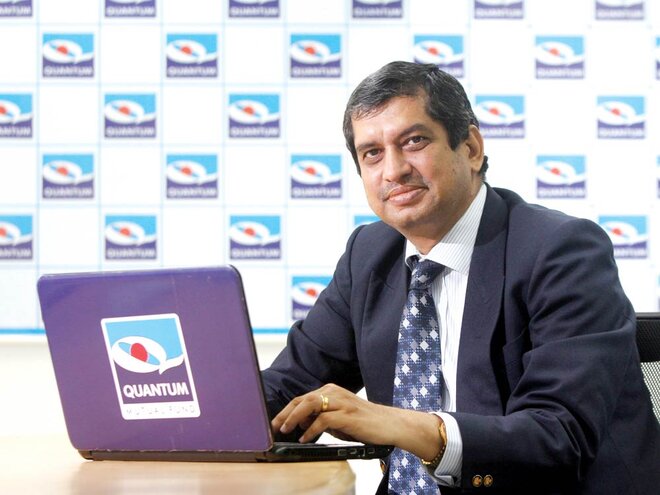
How is the increasing proliferation of direct plans and the new age platforms changing the dynamics between the three key stakeholders - the investors, the distributors, and the manufacturers (AMCs)?
SEBI introduced direct plans in 2013, offering investors the advantage to seek advisory (on payment of a fee) for making an informed decision to invest in asset classes and products that meet their risk profile. The regulator has rolled out the advisory regulations that inter-alia require the advisor to execute an agreement with the investor, ascertain the risk profile and after judging the same, offer products to the investor and monitor the same periodically. However, the onerous advisory regulatory framework and the Indian mindset of not paying for services have resulted in the proliferation of direct plan execution-only platforms using the advisory route. These platforms do not charge the investors while offering convenience and a good user experience and have become a one-stop for investments across asset classes and schemes. Since these platforms don't charge, their revenue flows are minimal, and as such, their ability to continue in existence over a long period of time becomes a question. It's been a foregone conclusion that investors opting for these platforms are evolved and have a deep understanding of investments and their associated risks.
The recently launched MF Central platform is also a similar platform with the regulator's guidance and can further provide a strong alternative to the existing advisory-led no-cost platforms.
And yes, growth in direct investments might have impacted the earnings of mutual fund distributors. AMCs should help their partners, their distributors and advisors to provide maximum support in terms of product knowledge which they can then impart to their clients. Valuable insights from distributors can help them widen their clientele.
Many people these days take to equity investing by owning the stocks directly. Innovations like smallcase are further catalysing this trend. What implications do you see on the businesses of mutual funds? Can they pose a challenge to the growth story you would envision for the fund industry?
Too soon to talk. However, data suggests that the new demat accounts opened are trading accounts. Trading via these accounts means investors are prone to skip in-depth research, be emotionally invested and might lack commitment towards their goals.
Yes, it may seem that these fintech companies have a good prospect and currently may have regulatory interpretation in their favour. However, the mutual fund industry is one of the oldest and trusted investment avenues. Investors with or without a demat account can invest their money in a mutual fund. Mutual funds are for both savvy and naïve investors. For a like-to-like comparison, one will have to wait for these newer stock-investment companies to go through different market cycles. For now, both can coexist, as the equity-market expansion will also help mutual funds to perform well in the long-run.
Rapid-fire questions:
- Investment guru/manager you admire the most: John Bogle
- Business leader you'd like to emulate: Jamshedji Tata
- The most rewarding financial investment you've ever made: My first SIP investment.
- Money mantra you swear by: Keep it simple. Have a small and powerful portfolio.
- If not a money manager, you'd be: A teacher or an engineer.








